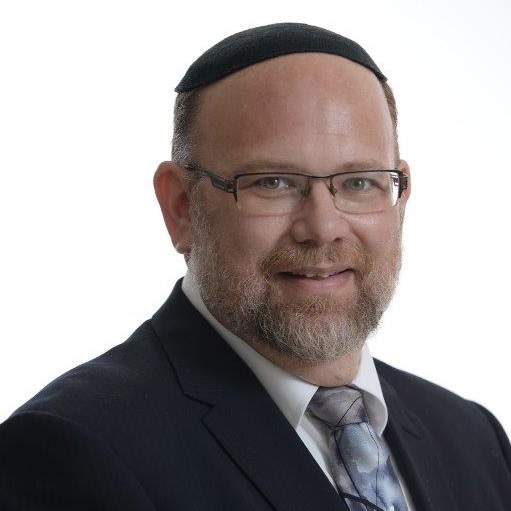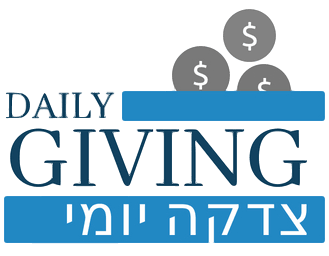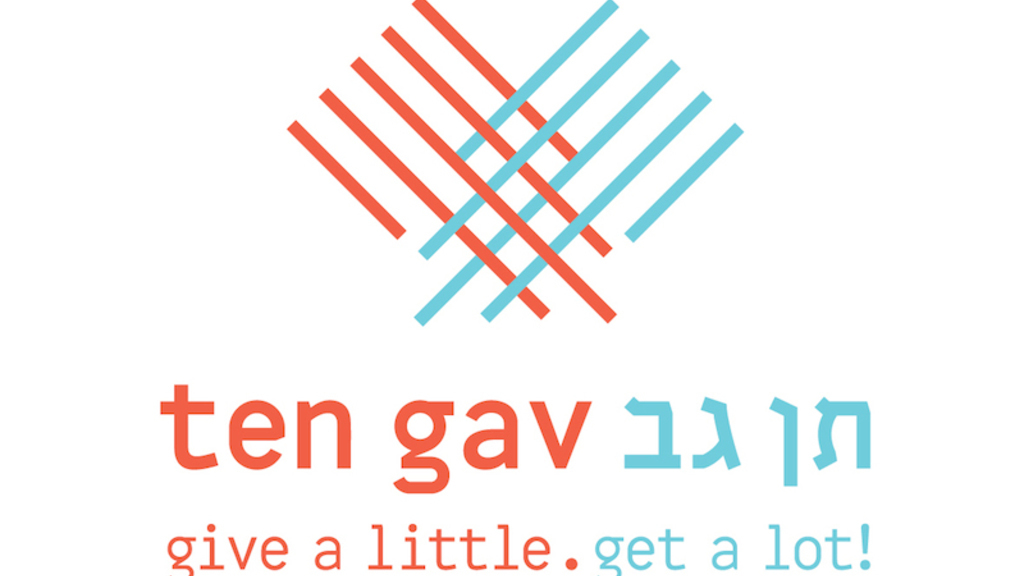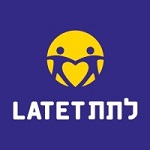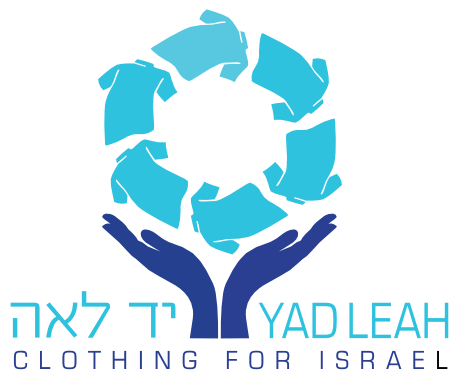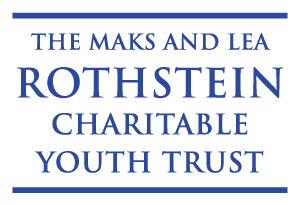Divrei Torah: It's the Thought That Counts
There is nothing sweeter than when we respect the dignity of another person.
Kindness By Design – Parshat Vayikra
Parshat Vayikra and the ensuing parshiyot contain the instructions regarding the various details of the קרבנות (sacrifices) that were brought in the Mishkan and later in the Beit HaMikdash.
There are 2 instances in the Torah portion that connect the poor to specific aspects of the sacrifices:
The first reference is the sacrificial offering of a bird. (א:ט׳׳ו)
וְשִׁסַּ֨ע אֹת֣וֹ בִכְנָפָיו֮ לֹ֣א יַבְדִּיל֒ וְהִקְטִ֨יר אֹת֤וֹ הַכֹּהֵן֙ הַמִּזְבֵּ֔חָה עַל־הָעֵצִ֖ים אֲשֶׁ֣ר עַל־הָאֵ֑שׁ עֹלָ֣ה ה֗וּא אִשֵּׁ֛ה רֵ֥יחַ נִיחֹ֖חַ לַה׳׃
He shall tear it open by its wings, without severing it, and turn it into smoke on the altar, upon the wood that is on the fire. It is a burnt offering, an offering by fire, of pleasing odor to Hashem.
The Midrash has an interesting comment:
בכנפיו. נוֹצָה מַמָּשׁ; וַהֲלֹא אֵין לְךָ הֶדְיוֹט שֶׁמֵּרִיחַ רֵיחַ כְּנָפַיִם נִשְֹרָפִים וְאֵין נַפְשׁוֹ קָצָה עָלָיו, וְלָמָּה אָמַר הַכָּתוּב יַקְרִיב? כְּדֵי שֶׁיְּהֵא הַמִּזְבֵּחַ שָֹבֵעַ וּמְהֻדָּר בְּקָרְבָּנוֹ שֶׁל עָנִי (ויק”ר ג’)
It means actually the feathers (not the wings). But surely you will not find even a common sort of man who can smell the odor of burnt feathers without being disgusted with it! Why, then, does Scripture say that it shall be offered (with the feathers)? In order that the altar should appear full up, as it were, and adorned with the sacrifice of the poor (since the bird with its feathers makes a finer show than without them) (Leviticus Rabbah 3:5).
Many interpret this Midrash to say that the inclusion of the feathers is a reference to the “lowliness” of the poor. That somehow calling this normally offensive odor “pleasant”, comes to say that everyone is equal and pleasant in the eyes of G-d.
That is of course true- G-d does look at all of His creations in a positive light and knows what their potential is.
That is not the point here, however.
The inclusion of the feathers shows heightened sensitivity to the poor person- and is a lesson for all. Due to their circumstances, the poverty stricken can’t afford a more expensive and larger animal. They, therefore, bring a bird. If the Torah commanded to flay and dismember the bird as in the case of the other sacrifices, the result would be a scrawny and bony offering. The poor person, already feeling low, would become even more embarrassed by the sight of the tiny, featherless bird.
Hashem comes and says, “take the entire bird, feathers and all, so that this poor person feels that he/she is offering something of substance and significance. The foul odor of burnt feathers becomes pleasing to Me when preserving the dignity of the person”.
G-d, of course, doesn’t “need” our offerings. It is we that gain from them to learn more about our relationships with Hashem, ourselves and our fellow humans.
If G-d says that we should let His Holy place fill with burnt feathers for another’s self-esteem, we too should bear the “unpleasantness” of someone if it will make her feel more worthy.
There is nothing sweeter than when we respect the dignity of another person.
The legendary Rabbi Mendel Kaplan was a beloved rebbe in the Philadelphia Yeshiva. In the 1960’s there was a beggar who would come around every so often. Personal hygiene was quite foreign to this individual and the students would do their best to quickly give him a bit of change in order to make a hasty retreat. The odor he exuded was just too much. Nobody wanted to get close — literally — and everyone just called him “Ploni”. One day, while Rav Mendel was together with his talmidim, Ploni entered the room. Sizing up the situation from the student’s reaction, Rav Mendel walked right over to Ploni and gave him a hug. He conversed with the indigent man a bit, and then gave him a donation.
Later, unable to contain their wonderment, his students asked, “Rebbi, how were you able to do that? Didn’t you find his stench overwhelming?”
Rav Mendel told them, “you should know that some people suffer in this world not for themselves, but for all of Klal Yisrael. Furthermore, it’s important to realize that we don’t always look or smell so good to HaKadosh Baruch Hu, but we still want Him to bend down, k’vayachol, and give us a hug.”
The parsha also speaks of the voluntary offering, called a נדבה. These offerings can consist of animals, birds or even fine flour.
וְנֶ֗פֶשׁ כִּֽי־תַקְרִ֞יב קׇרְבַּ֤ן מִנְחָה֙ לַֽה׳ סֹ֖לֶת יִהְיֶ֣ה קׇרְבָּנ֑וֹ וְיָצַ֤ק עָלֶ֙יהָ֙ שֶׁ֔מֶן וְנָתַ֥ן עָלֶ֖יהָ לְבֹנָֽה׃
When a person (lit. soul) presents an offering of meal to ה׳: The offering shall be of choice flour; the offerer shall pour oil upon it, and lay frankincense on it.
Here Rashi brings the Gemara in Menachot (104b).
ונפש כי תקריב. לֹא נֶאֱמַר נֶפֶשׁ בְּכָל קָרְבְּנוֹת נְדָבָה אֶלָּא בַּמִּנְחָה, מִי דַּרְכּוֹ לְהִתְנַדֵּב מִנְחָה? עָנִי. אָמַר הַקָּבָּ”ה, מַעֲלֶה אֲנִי עָלָיו כְּאִלּוּ הִקְרִיב נַפְשׁוֹ (מנחות ק”ד:)
The only voluntary sacrifice to mention נפש (soul) is that of the meal offering (מנחה). Who usually brings a מנחה for their voluntary sacrifice? A poor person. Hashem says that I consider the מנחה sacrifice of the poor person as if they brought their very soul.
Once again G-d doesn’t look at what is being offered but rather who is offering. Fine flour to a poor person is more valuable than animals are to someone of means. Hashem says, that when people give of themselves in order to bring Me an offering, it is not merely fine flour, but rather their very soul that they are giving.
Sometimes, actually in most cases, it’s not the value of the gift but the thought behind it that really counts.
Dignity, worth, esteem. Just as we all want these traits for ourselves, we should go out of our way (and usually it only requires a tiny effort), to instill them in others, particularly the less fortunate and more vulnerable, and make sure we see it in them.
Shabbat Shalom
View article in original publication

